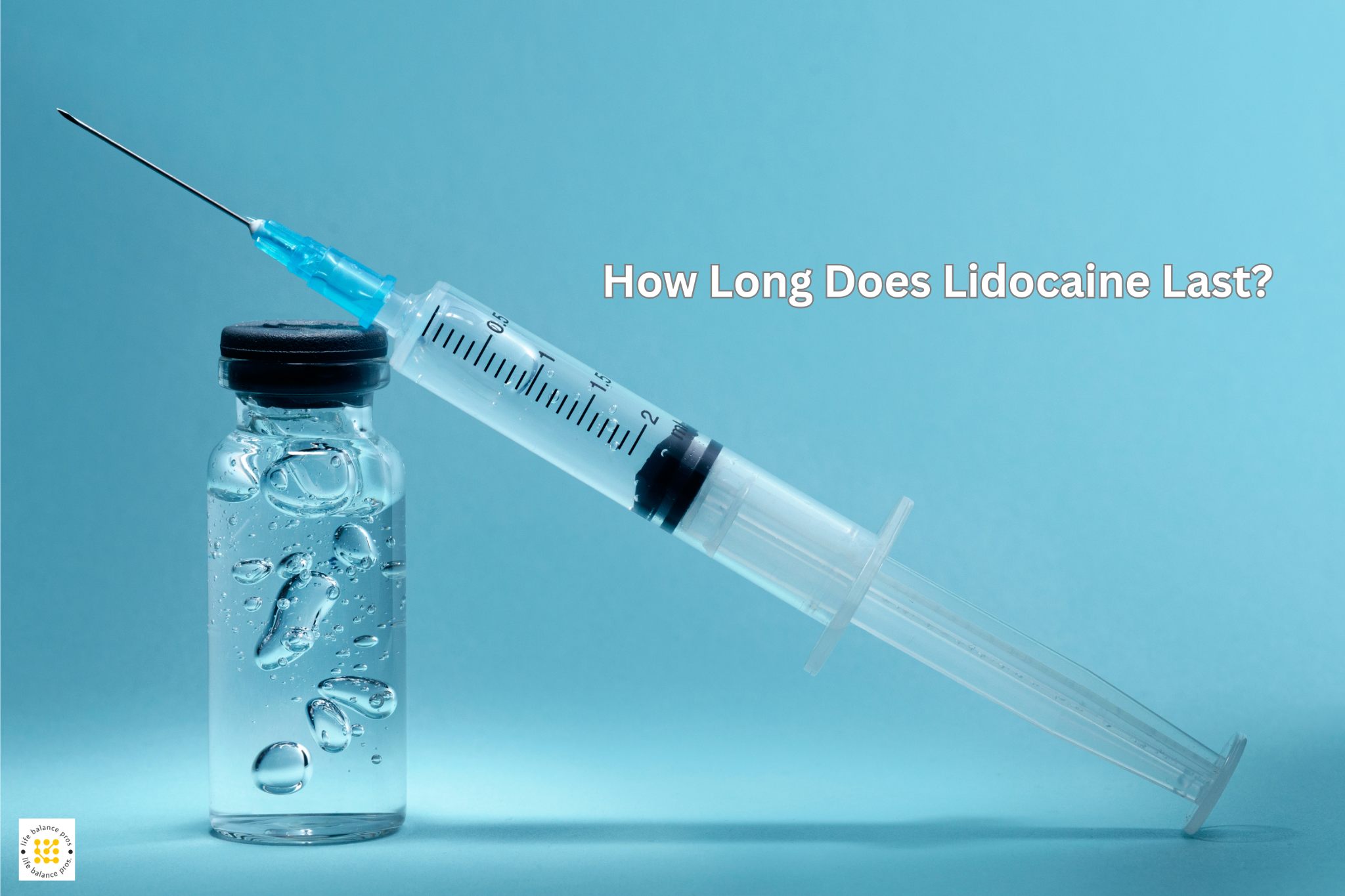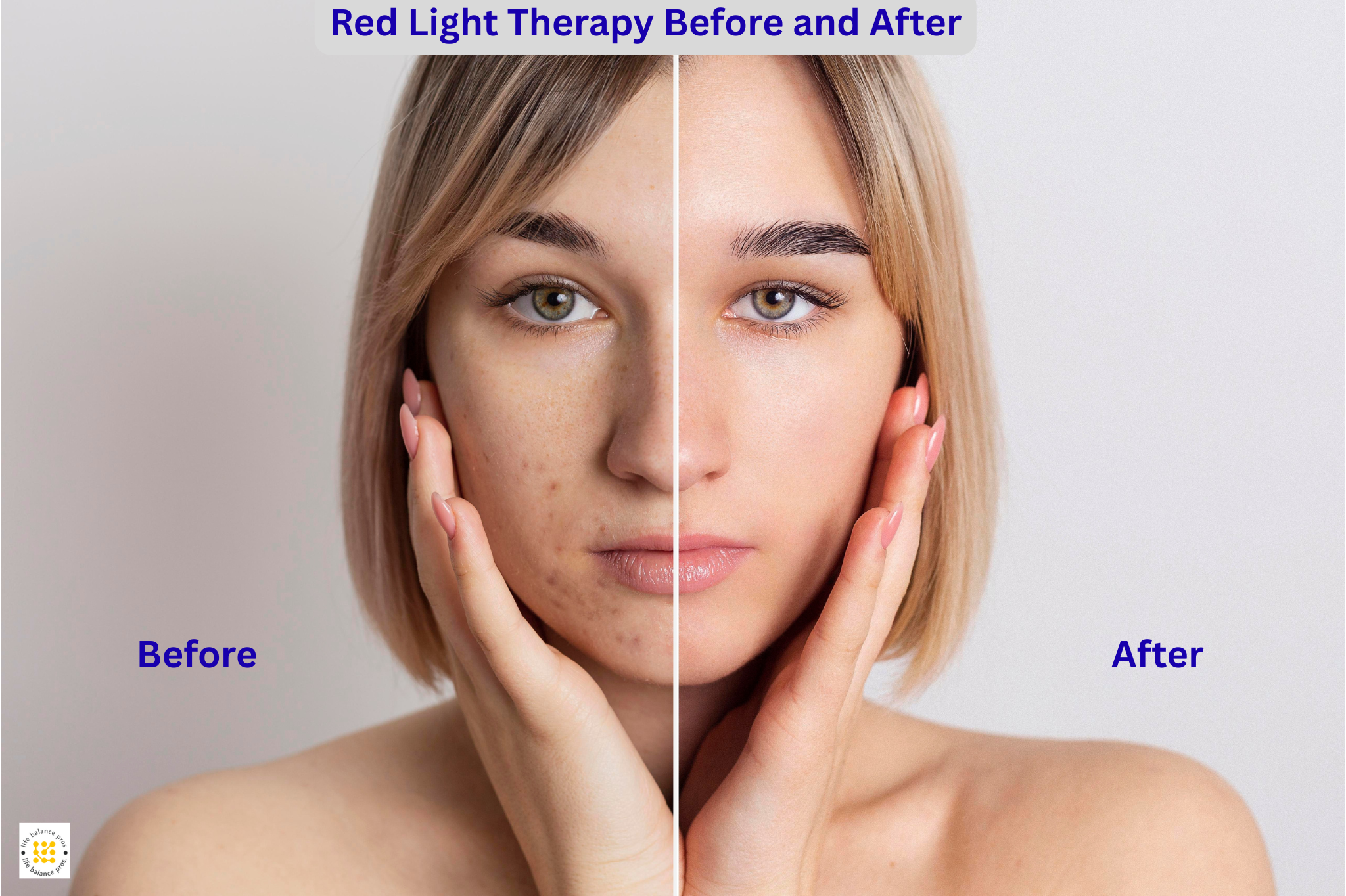Are Dentists Doctors? Let’s Clear Up the Confusion
Have you ever wondered, “Are dentists doctors?” If so, you’re not alone. Many people assume that only medical doctors (MDs) deserve the title, while dentists fall into a different category. But the truth is, dentists are doctors—just not in the way you might think.
If you’ve ever hesitated to visit a dentist because you weren’t sure about their qualifications, this article is for you. Today, we’ll break down five essential facts that clarify dentists’ expertise, education, and role in healthcare. By the end, you’ll understand why dentists are more than just “tooth doctors”—they are vital to your overall health.
Let’s get started!
1. Are Dentists Considered Real Doctors?
Yes, dentists are real doctors. The term doctor applies to anyone who has earned a doctoral-level degree in their field. Dentists hold either a Doctor of Dental Surgery (DDS) or a Doctor of Medicine in Dentistry (DMD). These degrees are equivalent and require extensive education and training.
Why the Confusion?
Unlike medical doctors (MDs), dentists specialize solely in oral health. They don’t diagnose or treat full-body illnesses, but their expertise in teeth, gums, and jaw health is just as crucial.
Here’s a comparison:
- Medical doctors treat the entire body and can prescribe medication for systemic illnesses.
- Dentists focus on diagnosing and treating oral conditions, many of which impact overall health.
For more information on the importance of oral health in overall well-being, check out the American Dental Association (ADA).
2. 7 Key Differences Between Dentists and Medical Doctors
While both dentists and medical doctors go through rigorous training, there are key differences:
Education & Training
- Dentists complete a four-year undergraduate degree followed by four years of dental school.
- Medical doctors attend medical school, followed by residencies lasting 3-7 years.
Scope of Practice
- Dentists specialize in teeth, gums, and jaw health.
- Doctors treat internal medicine, surgery, and a wide range of diseases.
Specializations
- Dentists can specialize in orthodontics, periodontics, oral surgery, and more.
- Doctors specialize in fields like cardiology, neurology, or pediatrics.
Emergency Care
- Dentists handle oral health emergencies, such as tooth infections and broken teeth.
- Doctors manage life-threatening conditions beyond oral health.
Collaboration with Medical Doctors
Dentists often work alongside physicians, ENTs, and cardiologists to ensure patients receive comprehensive care, especially for conditions like diabetes and heart disease, which are linked to oral health.
3. MD vs. DDS: Are Dentists Considered Doctors in the Medical Field?
Many people wonder whether dentists are considered “real doctors” in the medical field. The short answer? Yes, but with a different focus.
MD vs. DDS/DMD – What’s the Difference?
- MD (Medical Doctor): Trained to diagnose and treat diseases affecting the entire body.
- DDS/DMD (Doctor of Dental Surgery or Medicine in Dentistry): Trained to specialize in oral and maxillofacial health.
Why Some Patients Expect “Real Doctors” at Dental Offices
Dentistry and general medicine evolved separately, but modern research proves oral health directly impacts overall health. Dentists play a crucial role in identifying early signs of diseases like diabetes, osteoporosis, and oral cancer.
Can Dentists Use “Dr.” Before Their Name?
Absolutely! Dentists hold doctoral degrees and are formally addressed as Dr. [Last Name], just like MDs and PhDs.
4. From Dental School to Doctor: What It Really Takes to Become a Dentist
Becoming a dentist isn’t easy. It takes years of education, clinical practice, and licensing exams. Here’s the step-by-step process:
Step 1: Undergraduate Education (4 Years)
Most aspiring dentists complete a bachelor’s degree in biology or chemistry.
Step 2: Dental Admission Test (DAT)
A competitive standardized exam is required for dental school entry.
Step 3: Dental School (4 Years)
- First two years: Classroom and lab work (anatomy, pathology, pharmacology).
- For the last two years, I have been in clinical training, treating actual patients under supervision.
Step 4: Licensing Exams
- Dentists must pass the National Board Dental Examination (NBDE) and state licensing exams.
Step 5: Specialization (Optional, 2-6 Years Extra)
Specialties like oral surgery, orthodontics, and periodontics require additional residency training.
For a detailed look at the education and licensing requirements for dentists, visit the American Dental Education Association (ADEA).
Bottom Line: Dentists undergo just as much education as many medical doctors—they focus on a different aspect of healthcare.
5. The Role of Dentists in Overall Healthcare
Most people assume dentists only fix teeth, but their work extends far beyond that. Oral health is a window into your overall health, and dentists play a vital role in disease prevention.
The Oral-Systemic Connection
Did you know that gum disease is linked to heart disease, diabetes, and even Alzheimer’s? Poor oral health can signal severe medical conditions, such as:
- Vitamin deficiencies
- Immune disorders
- Osteoporosis
How Dentists Help Beyond Teeth
- Preventative Care: Regular checkups detect early signs of diseases.
- Oral Cancer Screenings: Dentists are often the first to catch signs of oral cancer.
- Collaboration with Doctors: Dentists work closely with physicians to ensure patients receive complete care.
Conclusion: More Than Just Teeth—Dentists Are Highly Skilled Doctors
So, are dentists’ doctors? Absolutely. They are experts in oral health, which plays a crucial role in overall wellness.
Ignoring your dental health can lead to serious health complications, so it’s essential to see your dentist regularly. If it’s been a while since your last checkup, don’t wait—schedule an appointment today and take charge of your health!




